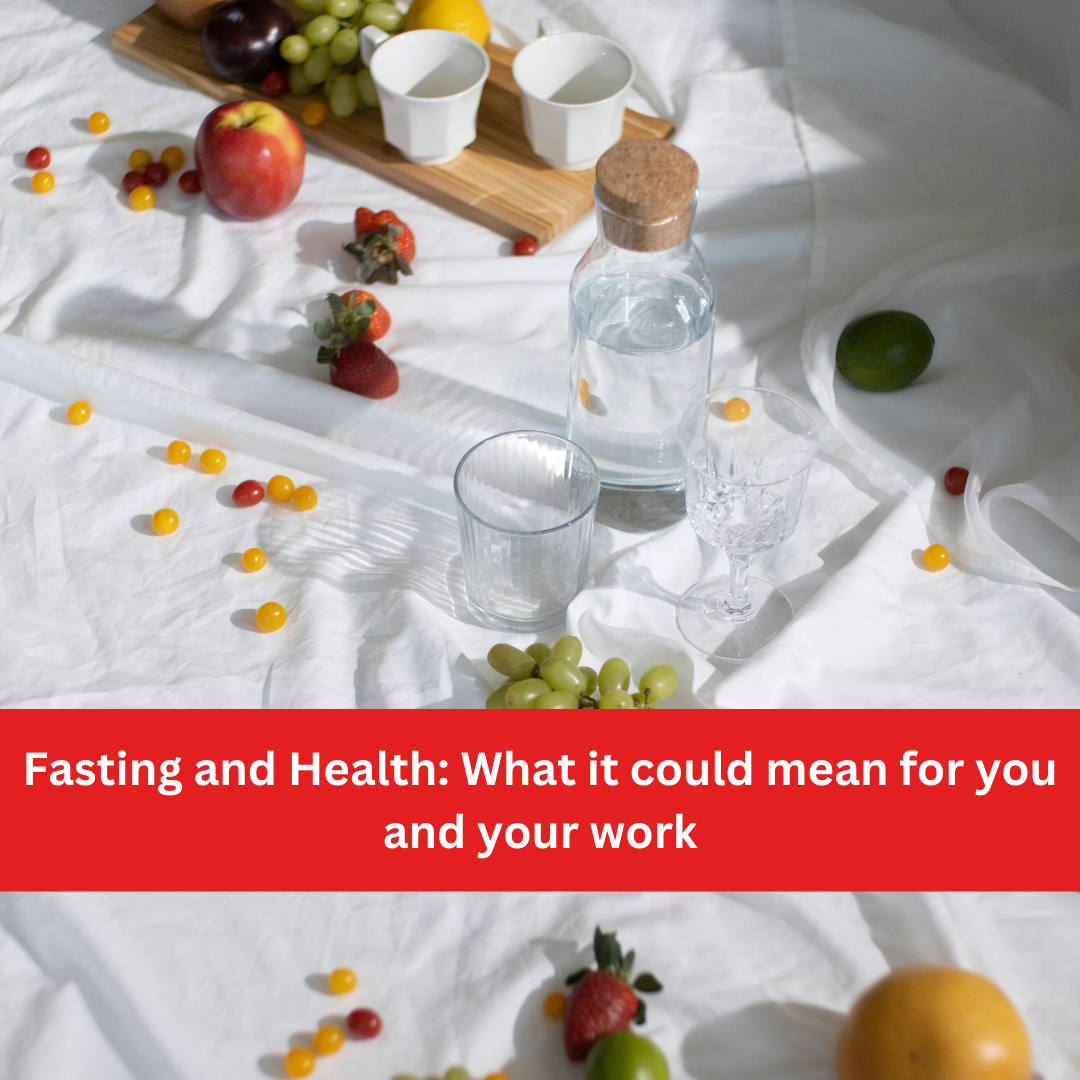As the fight against the COVID-19 pandemic continues, it seems we will spare no Greek alphabet in the mutation course of the organism responsible.
So far, we have had the alpha, lambda, delta, mu (and so on variants), and just when we thought we had it under control, Omicron appeared, making everybody panicky.
Scientists don’t have complete knowledge of the severity of this new variant, as research is currently ongoing to understand it.
In the meantime, we have put together current updates and all you need to know about the Omicron variant.
What is the Omicron Variant?
Omicron is a variant of the coronavirus that may have developed into a more transmissible form. A specimen collected on November 9, 2021, in South Africa was the first reported verified B.1.1.529 infection, which showed that there are many mutations in this variation, some of which are problematic. Changes in Omicron’s spike protein (which facilitates entry of the virus into the human cell) that are in other viral variations of concern make scientists think the virus may be more infectious.
Scientists discovered the variant in South Africa on November 25th, 2021, and it has since spread to 57 countries. The countries include Nigeria, Canada, UK, USA, Botswana, Eswatini, Lesotho, Denmark, Germany, Israel, Malawi, Mozambique, Namibia, Italy, the Netherlands, Portugal, Hong Kong, Zimbabwe, etc.
In the wake of this news, the variant was declared “a variant of concern” by the WHO on November 26, 2021, because of its genetic distinction from previous variants such as the alpha and delta variants.
The variant may be more transmissible, dangerous, or deadly because of these genetic changes.
The Nigerian Update
On December 1, 2021, the Nigerian Centers for Disease Control (NCDC) announced that they had discovered three confirmed cases of the Omicron variant in Nigeria through genomic sequencing, linking the cases to three passengers from South Africa. According to the press statement, samples taken for the stipulated day two tests for all travellers to Nigeria were positive for this variant in three people with a history of travel to South Africa.
NCDC has confirmed six cases of the Omicron variant in Nigeria as of December 7th, 2021.
Read also: COVID-19 In Lagos: Governor Sanwo-Olu Says 4th Wave Of Virus Is Here
The African Update:
Africa currently accounts for 46% of the nearly 1000 Omicron cases reported across different regions of the world.
So far, 10 African countries have reported cases.
As the Omicron variant reaches more African countries, weekly COVID-19 cases on the continent surged by 93%. It is, however, uncertain if the Omicron Variant fuels this surge in cases across Africa. Africa recorded over 107 000 cases of COVID-19 in the week ending December 5, up from around 55 000.
Five countries accounted for 86% of the cases reported over the past week, and all the sub-regions on the continent except one from the previous week reported increases in recent cases. Southern Africa recorded the highest increase, with a 140% hike, mainly driven by an uptick in South Africa. Research is being intensified to determine whether Omicron is fuelling the surge in cases seen in Africa.
Emerging data from South Africa shows that Omicron may cause less severe illness. According to hospitalization data for South Africa between November 14 and December 4, ICU occupancy was just 6.3%, which is very low compared with the same period when the country faced the peak associated with the Delta variant in July.
Despite the widespread global presence of Omicron, over 70 countries have imposed travel bans. And these bans are mainly targeting southern African countries, some of which have yet to report any Omicron cases.
The Global Update
According to the World Health Organization, scientists need more data to determine Omicron’s infectiousness and severity. While there seems to be evidence that the Omicron variant may have a growth advantage over other circulating variants, it is unknown whether this will translate into increased transmissibility. Of the 899,935 Covid-19 test samples sequenced and uploaded to the global Covid database in the last 60 days, 897,886 (99.8%) were confirmed to be Delta, while 713 (0.1%) were Omicron.
Data is still too limited to know with certainty whether Omicron changes the severity of the illness. As of December 6, scientists classified all 212 confirmed Omicron cases across 18 European Union countries as asymptomatic or mild. According to the WHO, regardless of whether the new variant is just as severe or even less severe than the Delta variant, hospitalizations will increase if more people become infected.
“We need further information to understand the clinical picture of those infected with the Omicron variant,” the report said. WHO said that preliminary data suggests the mutations in the Omicron variant may reduce the ability of natural immunity to protect against reinfection after infection with the virus.
Omicron carries mutations that may reduce the ability of the antibodies resulting from natural immunity to protect against the virus. Scientists need further studies to confirm its ability to reinfect previously confirmed cases of vaccinated people.
Several questions about the Omicron variant remained unanswered in the report. We expect more information will be soon.
In preliminary studies, the pharmaceutical company Pfizer found that two doses of its COVID-19 vaccine have a significantly reduced ability to neutralize Omicron variants and that people may need three doses.
What are the symptoms of the Omicron Variant?
The doctor, who first suspected a strain, said the symptoms of the Omicron variant are so far minimal.
The patients with an active case of the Omicron variant complained of severe exhaustion, headaches, and body aches.
Preventive Measures From The Omicron Variant
Nigerians need to follow certain preventive measures to protect themselves, their families, and the country from the Omicron variant. They include:
- Full vaccination against COVID-19. (Click here to get vaccinated at Medbury Medicals)
- Adhering to basic precautionary measures, such as
– Wearing face masks especially in crowded settings.
-Washing your hands frequently.
-Physical distancing.
– Avoidance of contact with eyes, nose, or mouth after coming into contact with bodily fluids.
-Ensuring good ventilation.
- Avoid countries with a high Covid-19 surge of reported cases of the Omicron variant.
- Avoid all non-essential travelling, both internationally and domestically.
In conclusion,
As additional information on the new variant becomes available, Medbury Medicals will provide updates. Don’t miss out on essential developments. Until next time, keep safe, wear your face mask, avoid crowded gatherings, maintain social distance, and perform hand hygiene often.







No Comments